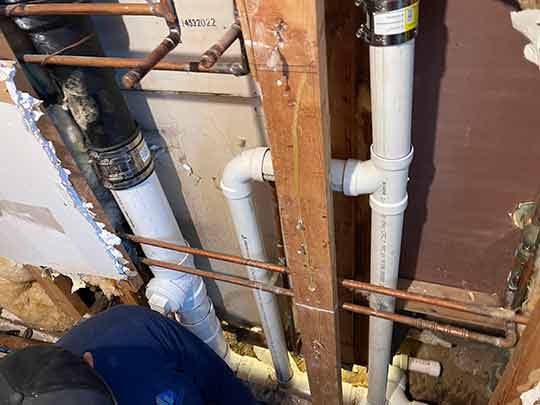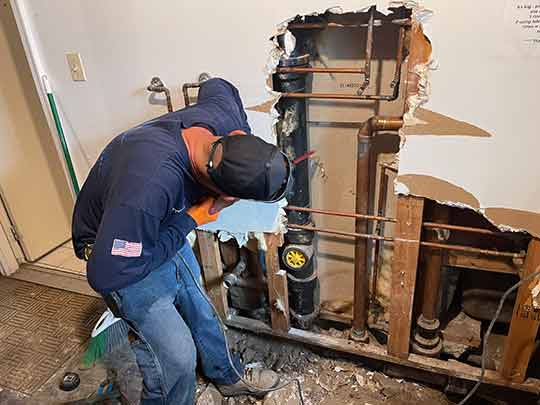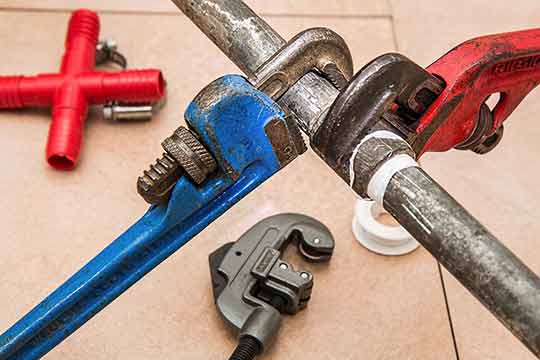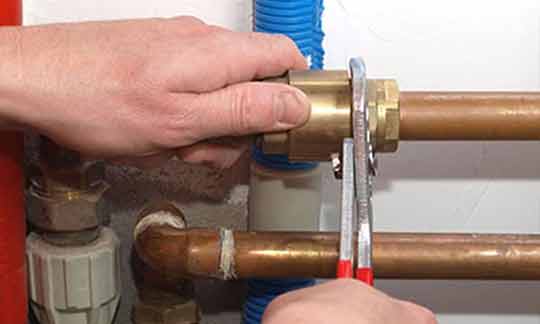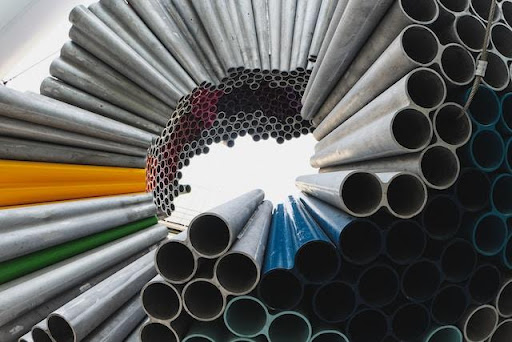
As plumbing systems get older, keeping them functional and efficient gets more difficult. Older plumbing systems often have higher maintenance costs because of their numerous small but recurring problems. Frequent leaks, low water pressure and contamination are just a few of the issues that can happen.
As EquityTeam says dealing with these small issues can take a massive toll on a homeowner’s time and finances. But even when those problems are solved, there are no guarantees that they will not return shortly. That is why, for aging plumbing systems, the most cost-effective solution to the issues is usually to repipe the home.
Repiping your home’s plumbing may seem like a significant expense, but that is because you have not calculated the actual cost of living in a residence with unreliable plumbing. Remember that the cost of maintaining your crumbling plumbing goes beyond the monetary cost of fixing the problems.
Every time your plumbing malfunctions, it takes an emotional toll on you. The cost of the stress and anxiety you feel is hard to quantify. That is in addition to the price you pay when you divert precious time from more profitable issues. What’s more, your home also suffers unnecessary wear and tear.
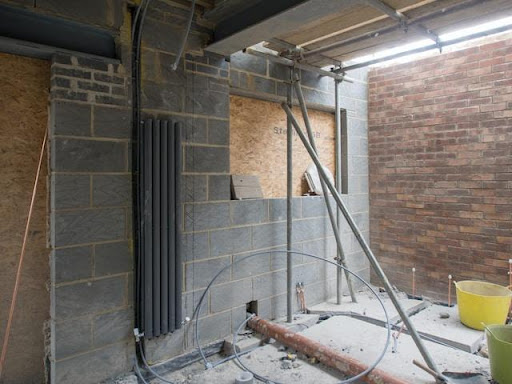
When repiping your plumbing, the process can be done for the entire house or specific areas of the home.
How repiping benefits your home and plumbing system
Repiping is replacing old plumbing pipes in your home with new, efficient ones. That is done because the existing plumbing has reached the end of its useful life or the system has become unreliable. Some homeowners may also choose to repipe their home to improve its value.
When repiping your plumbing, the process can be done for the entire house or specific areas of the home. You also have the option to replace the plumbing with the same material as the old pipes or to use a different material. CPVC, copper and PEX are the most widely used materials.
What will repiping your plumbing do for your home?
Better water quality
The inevitable rust, corrosion, and mineral buildup within your water pipes depreciates the quality of water that reaches your faucets. Once buildup and corrosion set in inside the pipes, it is almost impossible to stop them. Repiping the plumbing is often the best way to get rid of contaminants and pollutants in your drinking water.
Improved water pressure
Low or high water pressure is a common issue with old plumbing systems. Low water pressure results from blockages, while high water pressure happens when a pipe channel is narrowed by sediments. Both problems will interfere with the function of your plumbing and also damage your appliances. Repiping your home can help solve these problems.
Protect your fixtures and appliances
Low or high water pressure, impurities in water, and leakages play a huge role in the longevity of the appliances in your home. When home appliances fail to reach the end of their projected lifespan, it is not always due to the quality of the appliance or because of wear and tear. Sometimes, the problems are caused by the issues in your aged plumbing system.
Take control of plumbing costs
If you were to calculate the financial, temporal and emotional cost of the frequent issues in your plumbing, it would most likely exceed the actual monetary cost of repiping your home. That is even without considering the cost of fixing the damage caused by bursts and leaking pipes in your home.
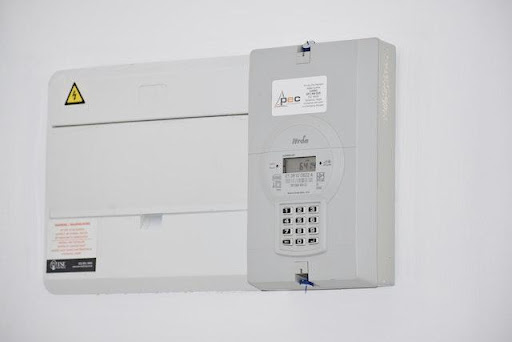
Issues in the plumbing create energy inefficiencies in the home or worsen existing energy problems
Lower energy costs
Issues in the plumbing create energy inefficiencies in the home or worsen existing energy problems. Aging pipes lose energy at higher rates than new ones. That is, the hot water inside them cools faster than it should. That leads the water heater to work harder, inflating your energy bill and accelerating wear and tear in the water heater.
Enhanced property value
Overall, lower energy costs and minimal plumbing issues are two things buyers want to see in a home they are interested in. A new plumbing system is a huge selling point for your home. It not only shows that the home’s plumbing is in good shape, but it also suggests that the homeowner has been diligent in taking care of the structures and systems of the home.
What are the things to consider before repiping your home?
While cost is essential, you probably want to pay more attention to the different materials available for repiping your plumbing. Different materials have various cost implications. In addition to the cost of the materials, you will want to look at the long-term pros and cons of using one material versus the others.
Another important consideration is the quality of the installation. A repiping job that is done incorrectly will not last long. As a matter of fact, if the job is not done properly, your home may start to experience worse problems than you had with the old plumbing, such as mold, mildew and even worse water damage.
That is why you only want to deal with a plumber trained, licensed, insured and familiar with the local codes and regulations. A plumber’s ability to work with various pipe materials is also vital.
